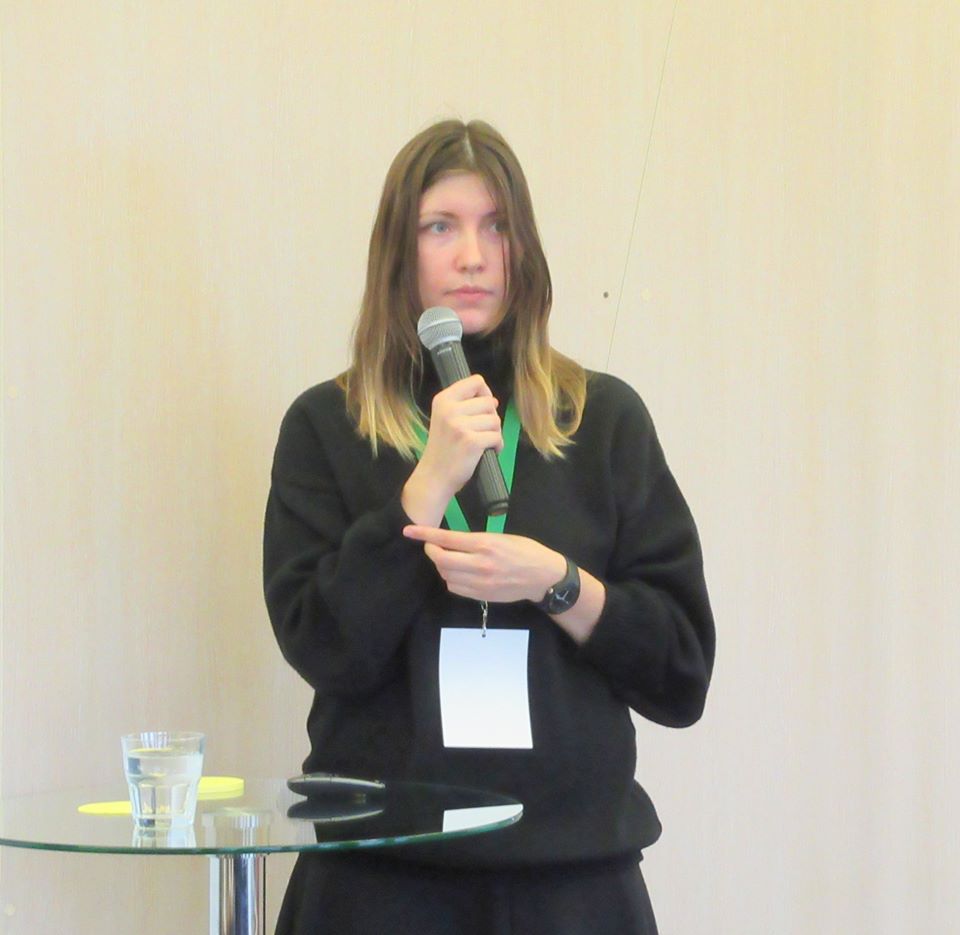Belarusian Institute for Strategic Studies presents the eighth issue of monthly monitoring of social, economical, political and cultural spheres. BISS-Timeline analyzes information about main events occurred in August 2013.
The Uralkali case became the top newsmaker this August as far as both foreign and domestic policy departments were concerned. In late August, the conflict around Belarusian Potash Company went far beyond the framework of a regular business dispute between the two major producers and evolved into a large-scale transnational political conflict. Given the nature of the political and economic relations between Belarus and Russia, that move by the Belarusian side was extremely risky. It must have been a thoroughly planned and thought-out step, rather than an emotional spontaneous decision by the Belarusian authorities. The move was supposed to address a number of objectives: to make sure that the Russian side will be more flexible in negotiating the compensation for Belaruskali’s losses; to make Uralkali look like an unreliable trade partner; to show its tenacity and ability to assert the national interests in every way possible.
The potash conflict caused a number of additional unpleasant challenges for the Belarusian economy. As a consequence of the detention of the Uralkali CEO Vladislav Baumgertner by the Belarusian KGB, the Russian Federal Service for Veterinary and Phytosanitary Surveillance imposed limitations on supplies of Belarusian pig products to Russia. Russian oil transport company Transneft decided to cut crude oil deliveries to Belarus in the third quarter of 2013 by 400,000 tons. Belarus will therefore be unable to receive the planned 5.3 million tons of crude oil in the third quarter.
In social sphere, in August, the public and state authorities were focused on the results of the university admission campaign, the commencement of the academic year and problems of the education system. The admission campaign revealed the inefficiency of the organization of the tertiary education system and lack of consistency with the domestic labor market requirements. The other important matter that topped last month’s social agenda was social security and family. The government is on its way to work out a policy on non-workers. Previously, the administration considered imposing a tax on able-bodied non-workers; however, a fresh idea is to make them pay for health services and utility fees in full. The new initiative is discussed as part of the campaign to cut social spending.
In cultutal sphere,the last month was rather uneventful as August is traditionally the time of holidays and leaves for creative workers. Nevertheless, those few events that took place in August showed yet again that the culture policy of the state remains inconsistent and discrepant. The cultural field remains overly ideologized; cultural projects are divided into those official and unofficial; nevertheless, the “black lists” of unwanted performers must have been suspended.
Read July BISS-Timeline issue in PDF format.





